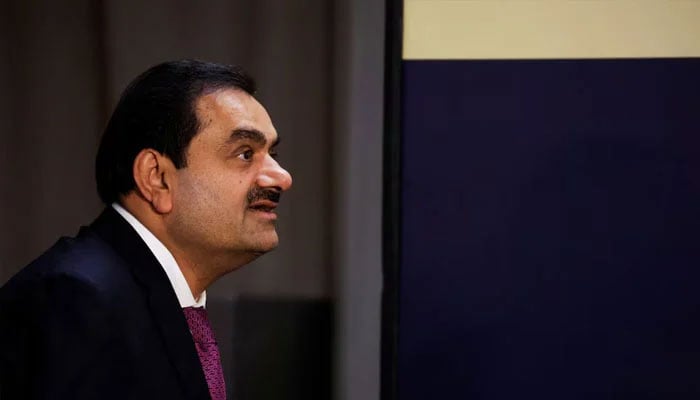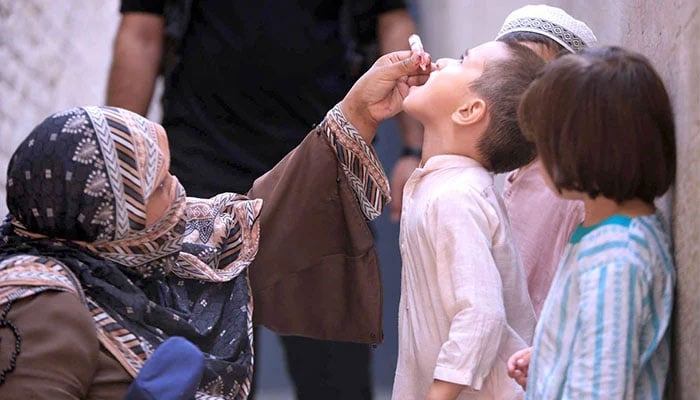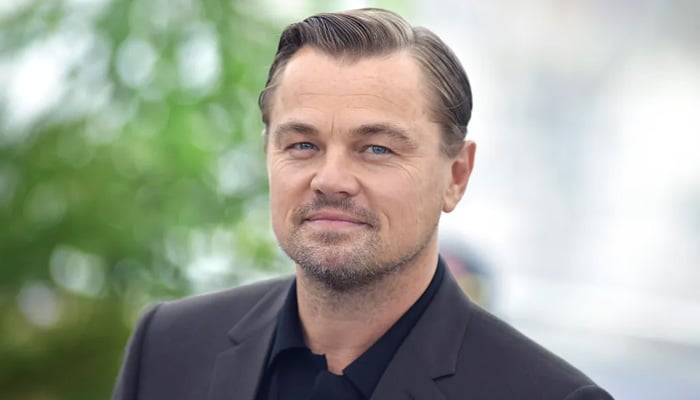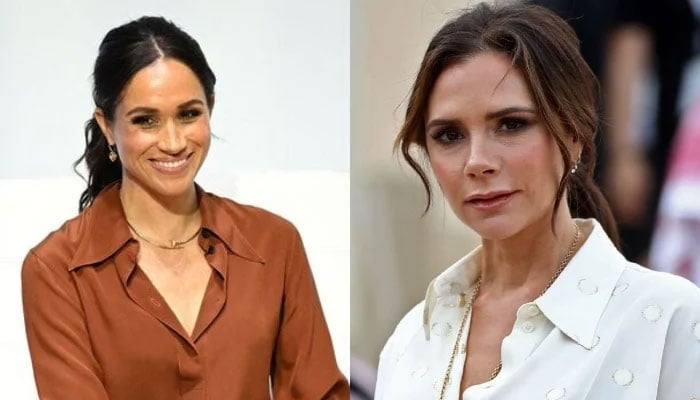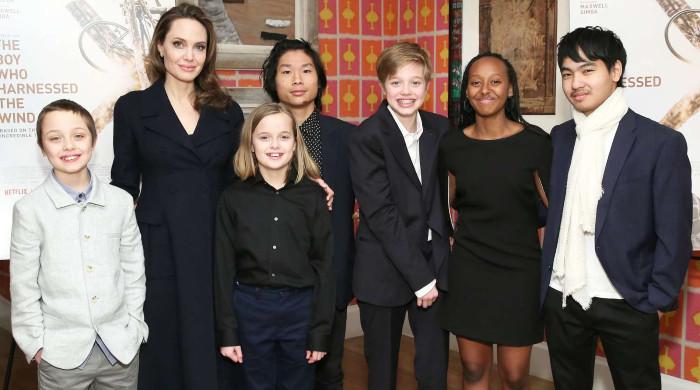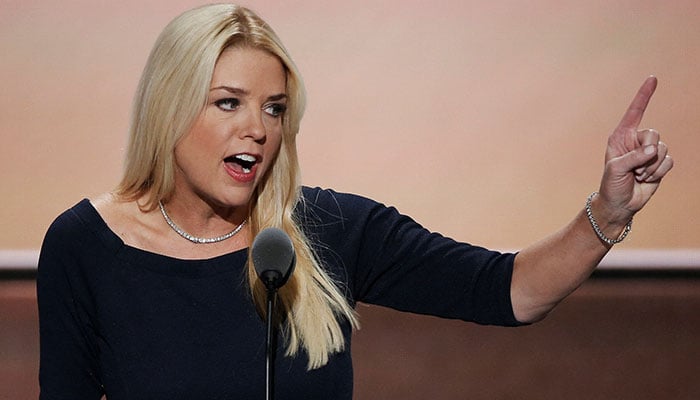
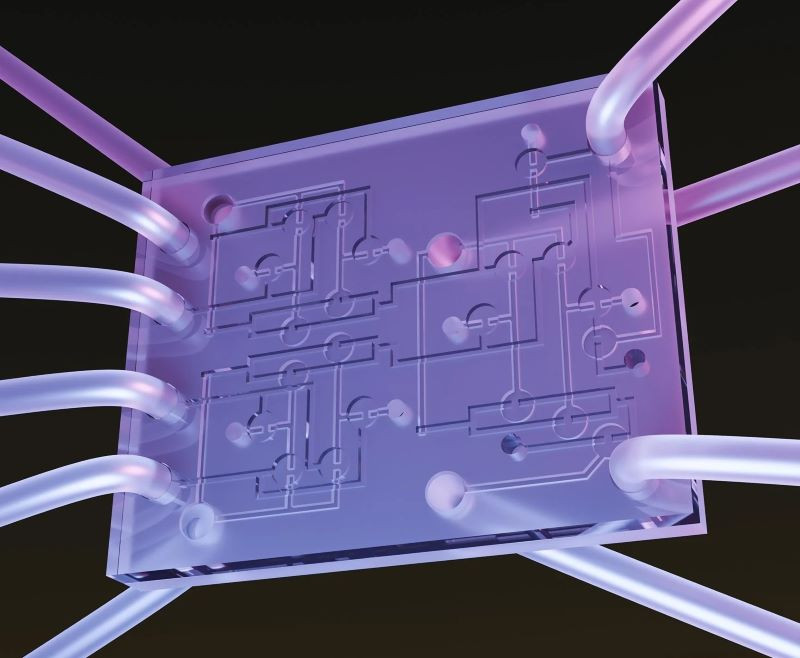
The 21st century has ushered the world into a digital revolution that is reshaping how nations interact and engage with one another and how the artificial intelligence (AI) influences decision-making.
Historically, diplomatic communication was a slow and cumbersome process. For millennia, diplomats used to rely on letters, face-to-face meetings, and time-consuming travels.
Espionage and intelligence gathering were also a significant challenge, with diplomats needing to protect sensitive information, while trying to understand other countries' positions.
The Cuban missile crisis of 1962 served as a stark example of the difficulties faced in the pre-digital diplomacy. The potential for miscommunication highlighted the critical need for timely and effective communication tools, which were lacking at the time.
Today, digital tools have revolutionised diplomacy. The rise of new technologies has led to a shift in international communication, diminishing the traditional 'gatekeeper' role of the foreign ministries.
Foreign policy communication is now more transparent and publicly engaged. Communication is no longer solely under the control of diplomats, reflecting a broader trend towards transparency and public engagement.
Virtual reality (VR) and augmented reality (AR) have brought revolutionary changes to diplomatic practices. The Covid-19 pandemic accelerated the adoption of virtual meeting platforms, demonstrating their potential to enhance diplomatic interactions.
For example, the United Nations utilised VR to simulate crisis scenarios and train its peacekeepers, paving the way for a broader adoption of immersive technologies and preventing any disasters.
The AR, which overlays digital information onto the real world, has also proven valuable, enhancing productivity and efficiency in diplomatic settings by providing real-time guidance and information.
Dr Aneel Salman, Chairperson of Economic Security at the Islamabad Policy Research Institute (IPRI), highlighted the remarkable change the new technologies had brought to the world of diplomacy.
Talking to APP, Dr Salman recalled a prediction from a Lahore-based palmist, who foresaw in the 1950s "the end of diplomacy" because of evolving communication methods.
"This prediction captured the anxiety of the time about how technological changes would impact international relations," he said. However, he stressed that while technology could enhance diplomatic efforts, it could not replace the human element.
Diplomats bring a nuanced understanding, the ability to build trust, and cultural sensitivity that technology alone cannot provide. Ethical considerations are also crucial in the context of advanced technologies.


